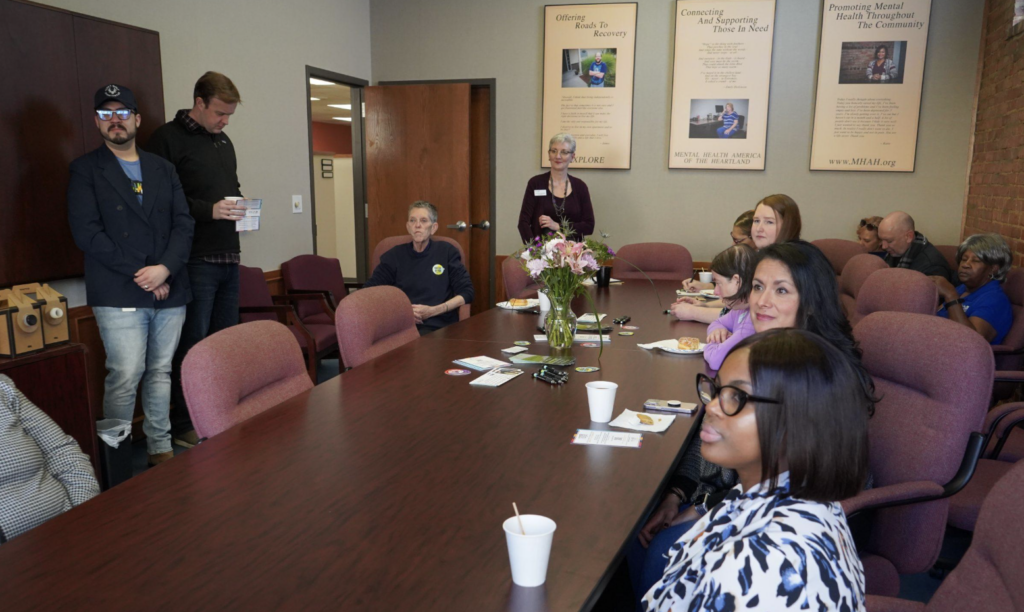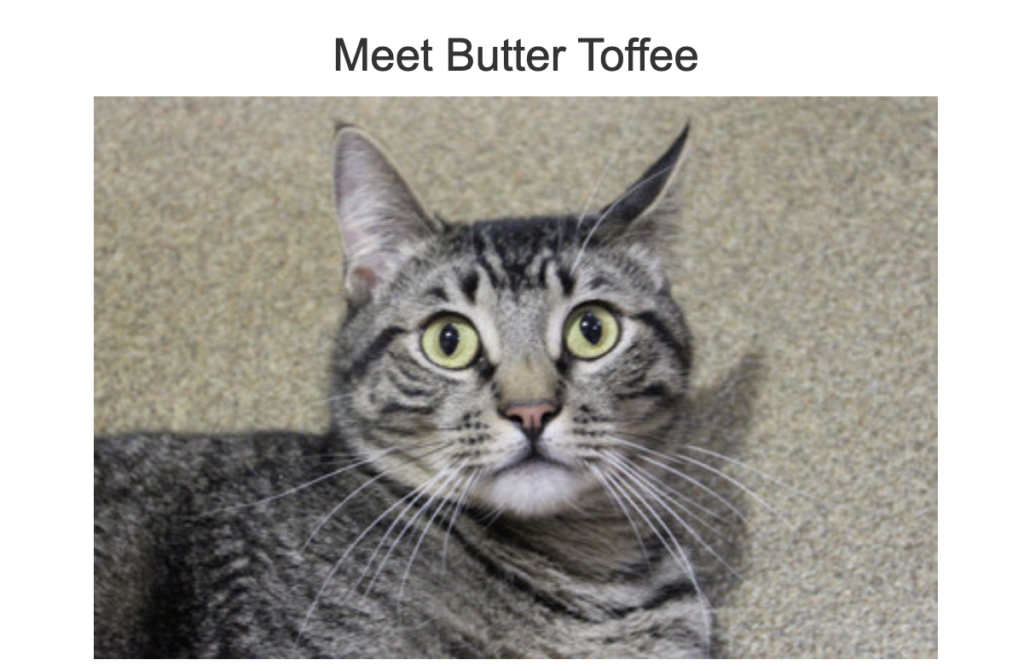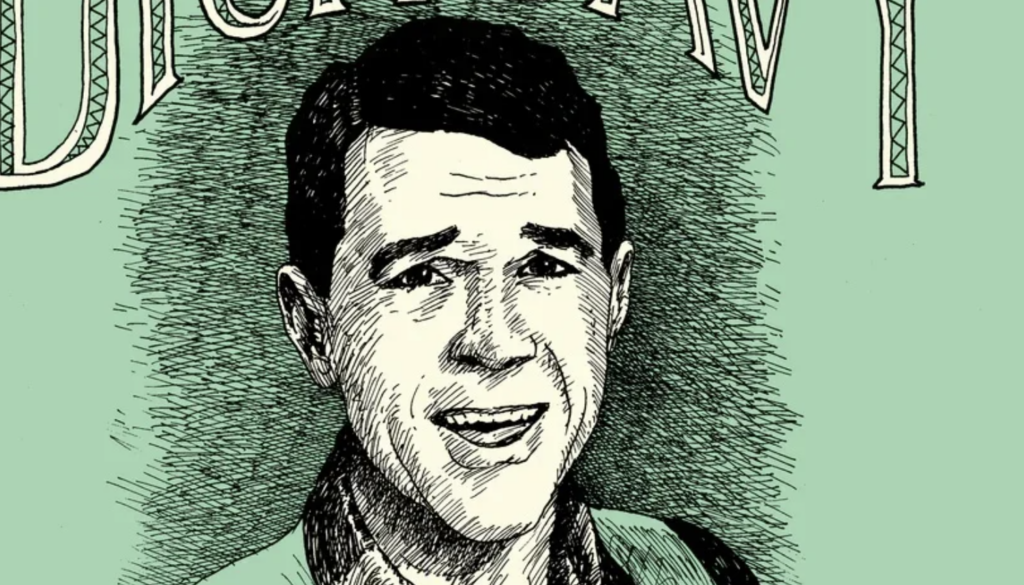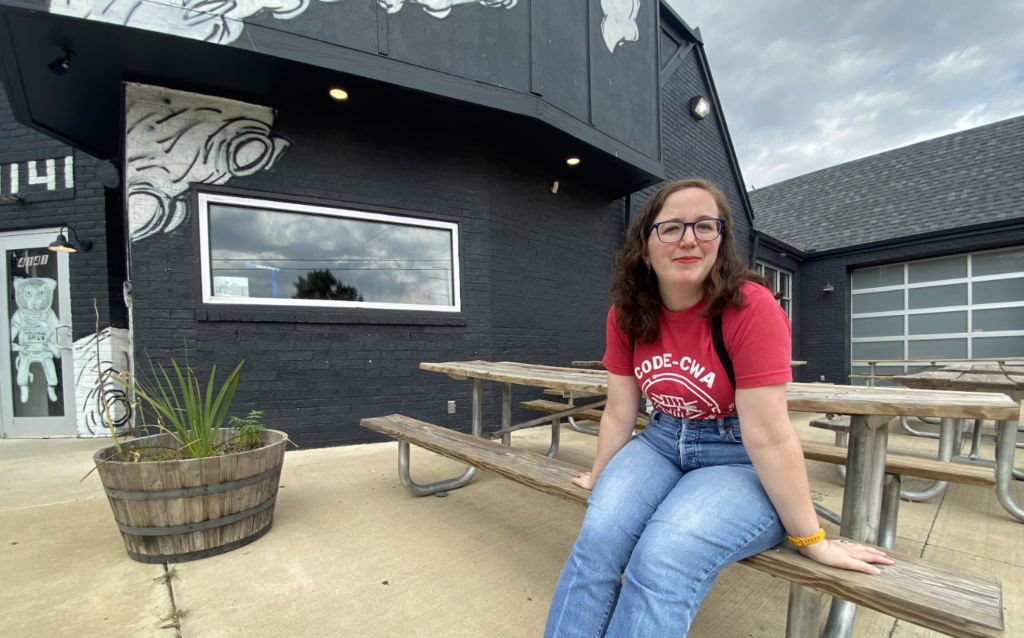Pulitzer-winning writer Jericho Brown talks poetic process ahead of 2024 AWP Conference in KC
Jericho Brown is a poet and essayist originally from Shreveport, LA, and the current director of the Creative Writing Program at Emory University. He is the author of three collections of poetry: Please (New Issues, 2008), The New Testament (Copper Canyon, 2014), and The Tradition (Copper Canyon, 2019).
His work has won numerous accolades, including the 2020 Pulitzer Prize in Literature for The Tradition. Brown will serve as the Keynote Speaker at the 2024 AWP (Association of Writers and Writing Programs) conference, which is coming to Kansas City February 7 through 10, 2024.
AWP is the largest writer’s conference since 1967; the conference features scheduled events and speakers and a robust offering of off-site readings and events in the evenings, which are generally free and open to the public.
The Pitch: What are you most looking forward to about visiting KC in February?
Jericho Brown: I’ve been to KC once before, and I think what I really liked about it was that there is this huge literary community. I think writers know that, but I don’t know that people know that Kansas City is a place full of memoirists, poets, and fiction writers, and they find ways to get together and make the magic happen. There’s a huge, committed community of people there and a very supportive community for the arts in general. I remember that, and I remember loving it. I’m looking forward to being a part of that again and seeing those people, as well as all of these poets and writers who come from so far away to enjoy AWP at that location.
You’ve received prestigious awards such as the Pulitzer Prize, Guggenheim fellowships, NEA grants, and Whiting Awards, but you’re still an avid contributor to and, I assume, reader of independent literary magazines. Can you speak to the importance of indie lit mags to our literary culture?
Indie literary mags changed my life. They let me know the names of people I never imagined I would meet, and then I got to meet them. Lit mags let you know just how big, how vast, wide, and deep poetry is in the United States. It’s the indie lit mags that let you know people are doing it all over, and they’re doing it in different ways. Our world is often thought of as an academic world or a performance world. But some people are, you know, knitting and sewing clothes all day, and at night, they’re working on their poems. Seeing those people’s names repeatedly [in indie lit mags] makes you feel like you’re one thread in a very big cloth, and you have to help make the cloth; it’s not just you, and you don’t have to do it on your own.
What I love about indie lit mags, and what I really love about AWP, is that these magazines make you feel less lonely. They show that there are other people working, and their work means that they value literature and have a high value for poetry. The value is not in the cost of the magazine; the value is in the literal history of poetry itself, and we all get to enjoy that history together. There’s a huge value in that. And it’s really nice to be able to share. What magazines allow you to do is see what somebody’s working on who’s far away, and that makes it feel like I’m part of a team. I think lit mags are at the base of that, actually.
Though your third and most recent collection, The Tradition, is what won you the Pulitzer, my personal favorite poem of yours is from your debut collection, Please: “Track 5: Summertime,” a persona poem written from the point of view of Janis Joplin. People often conflate the speaker of a poem with the author, but that isn’t always the case. How can writing (or reading) persona poetry help broaden empathy?
I’m not sure it does broaden our empathy, but maybe when people say “empathy,” they’re working on various definitions. I don’t know that everybody means the same thing when they say “empathy,” so maybe it does broaden our empathy. What I do think it does is allow us a glimpse into history through another person’s life. I mean, all literature does that. It lets us know how far the imagination can go. What can be imagined? It reminds us that people are complex beings, and it reminds us that people we have often pushed down to stereotype or lifted up to celebrity are still people with really interesting, complex, strange things going on.
I think sometimes we find ourselves making decisions not based on who we really are but based on an idea of who people are that never existed. This is the best example I have right now: I have talked to my friends throughout the last 10 years of my life, and one of the things I will ask is, “Tell me the good experiences you have had with the police.” In 10 years of doing this, I think I have heard two good experiences from two different people. Even in those experiences, I had questions, and yet, when you ask people the opposite question—“Tell me about the negative experiences you’ve had with police”—folks have a lot to say.
I noticed that the answers have nothing to do with race or gender. It’s pretty much a longer list of negatives and a list of zero positives. People think, for instance, positive experiences include when they get pulled over and they don’t get a ticket. To which I say, well, they shouldn’t have pulled you over. They were wasting your time. Anyway, to my point, despite that, many of us have a very deep belief that the police are what make for our daily safety, even if we don’t encounter police daily. So, I think people make decisions sometimes based on an idea of a thing—maybe it’s an implanted idea—rather than based on lived experience.
What persona poems do, or what all literature does, but what I think persona poems were meant to do more directly is remind us of actual lived experience and remind us of the complexity of being a human being, no matter who the speaker is. That’s why so often, persona poems are in the persona’s voice, but the persona ends up saying the thing that the poet would say. There are lines that the poet and the particular figure or persona have in common. In that Janis Joplin poem, there’s much of that poem that I could say and not be Janis Joplin.
You’re famous for inventing your own poetic form, “the duplex,” as seen in your collection The Tradition. Can you describe the process of inventing this form—how did the idea begin, and how did you expand upon it?
I didn’t mean to invent a form. As a matter of fact, when I would see that a contemporary poet had invented a form, I would sort of roll my eyes like, “Oh, look who’s got time on his hands.” There was something about it that seemed so ultra nerdy and so capital-P-all-the-way-you-don’t-know-who’s-playing-in-the-Super-Bowl-this-year Poetry. There was something about that that felt okay to make fun of in a way.
But I’m always thinking about form because I’m a poet, and I’m always doing my job even if I don’t have a pen and paper or I’m not sitting in front of a computer. So you know, when you’re picking out avocados, you’re thinking, “Oh, what should I do with that line?” Or when you’re mowing the lawn, you’re thinking, “I wonder what it would be like if I ended with an abstraction instead of a concrete image.” One of the things that I had been thinking about for a long time was whether a poem could be completely made of repetition. Is there a way to write a poem that comes to us the way songs do? Songs have this sort of hypnotic way over us where they get in our heads, and we can’t get them out, and part of that has to do with the power of repetition. I really believe the duplexes started with that idea.
Also, with the idea, I had been writing a lot of sonnets—subversive sonnets, like I would write a 15-line poem, just because it sort of seemed sonnet-like and obviously had sonnet qualities, but I wanted to throw questions at the sonnet itself. I had also been writing blues poems and ghazals. And, I feel like a bit of a mutt in the world, like I encounter people who sort of don’t believe me or who don’t believe in my possible existence. I’m a Black, queer poet from the American South, and I don’t feel like any of that is at war within me. As a matter of fact, I feel like I am all of those things, whole. I don’t feel like I’m 66% Black and 12% queer, and 2% Southern… and so I wanted to make a form that got at how it is possible to be a single thing and yet be 100% many things within you. And so that’s how the duplex came to be. I sort of just got obsessed with that idea of repetition and whether or not I could take several forms—in this case, three forms—and make a form that still left those forms whole. And that’s how they came to me.
What was it like reading and interpreting the Bible as you wrote your sophomore collection, The New Testament, which draws upon Biblical allusions to cast kind eyes on contemporary humanity?
It was scary because I was really sick at the time. I grew up with the Bible, and I grew up in a very religious family, very fundamentalist, very Evangelical. But they were fighting every Saturday and playing cards every Friday and Saturday night. So I grew up in a way where you were very religious, but you were also a party person. Where I’m from in Louisiana, so many people are honestly party people. I’m from a party state. That’s a good thing, not a bad thing. Culturally, it’s a good thing to party. It’s a good idea.
Anyway, I had this moment where I realized I was really unwell, and I started doing something that I hadn’t done in a very long time, and that was praying. I had not done that in a long time because I did not see how I could be who I was and have a spiritual life. It just seemed like that because I had taken things as they had been given to me, and I really only knew about a religion that was condemning and dogmatic. And yet, I needed a spiritual life to be healed, to be positive, to get over my anxiety about being sick. And so, when I found myself going back to the Bible, I wanted to reclaim it. I needed it to be mine again, even though I knew other people’s readings of it were meant to hurt me. I had to also know that there were readings of it, and of other holy texts as well, that could indeed encourage and support me. So that’s what that experience was like.
Honestly, I think anywhere you go looking for a certain thing, you can find it. If you go to a Bible looking for everything that’s wrong with you, it will tell you. And if you go to a Bible looking for all the ways in which you belong, it will tell you. And if you go to a Bible looking for all the ways other people don’t belong, it will tell you. And the Bible is not the only book that will do that. It’s not the only location. I mean, you can also find those things at my house, for instance. You can find those things at a football game.
You were recently named one of the Chancellors of the Academy of American Poets—what are you most looking forward to about fulfilling this role?
To be quite honest with you, I’m looking forward to hanging out with the other Chancellors. I get sort of starstruck being around other poets. I have to keep my cool and act like it’s no big deal, but I’m really in my head standing four feet away from Carl Phillips, thinking, “Oh my God, it’s Carl f*cking Phillips.” Or I’m like, “Is that Rita Dove? Did she just shake my hand?!”
I feel like poets are the people from whom I’ve learned the most on Earth. And I feel like there’s a way that you can learn from their poems, yes, but there is something you can learn from being around them that teaches you how to be a writer—and not how to be a writer as in their writing—but how to live life as a writer, how to claim your time, how to make sure you are getting things done while you’re also raising your kids or loving your spouse, or teaching at a University, or doing that tailoring and sewing I was talking about earlier in this conversation. So that’s what I’m really looking forward to, quite honestly, like, getting into nerdy conversations about Hopkins and Beyonce. What I love about hanging out with poets is my poet friends will find a way in a single conversation to relate Cardi B—who I’m in love with—to Stevens, who I’m in love with.
How does your teaching influence your writing, and vice versa?
One way it influences my writing is that it keeps me reading because my students aren’t going to be just like me. When I get them, they already have aesthetic proclivities; they already have ideas about what a poem is, and I can expand that, but I can’t change that. Whatever idea you have about a poem will always be swimming somewhere in your ideas about what a poem is. So, it requires me to do more reading so that when I look at their poems and give them feedback, I can make suggestions about things that they should read, so that I’m always reading outside of my own supposed aesthetic proclivities, and therefore expanding my idea of poetry.
One of the things I find out from my students pretty early on is who their favorite poets are who they’re reading, and then I go and try to read those poets if I haven’t. So, I’m prepared to give students the kind of feedback that they need. The other thing is, and maybe this is more recent, but talking with students about how I do what I do puts me in a position where I have to know how I do what I do. Often, you can write a book of poetry and not really know how you did it if you don’t have to articulate it, and teaching allows articulation. And if I can articulate how I did a thing, then the next time I have to do it again, I can subvert that, I can challenge that, or I can do it the exact same way. Teaching creates a greenhouse effect for me and my students, where we all have no choice but to grow.
I know this can be a cliché question, but I still think it’s important: What’s the best advice you have for writers who are just striking out?
I have so much advice that’s really crazy because I love to tell people what to do. I think it’s a good idea to have a plan. I want to narrow that down. I think it’s a good idea to use condoms, or at least if you don’t want to use condoms, to have a plan in that area. Think about your time and your commitments in the same way, overall, that you think about whatever you’re thinking about when you’re driven to use a condom. Yeah, that’s my biggest piece of advice.





